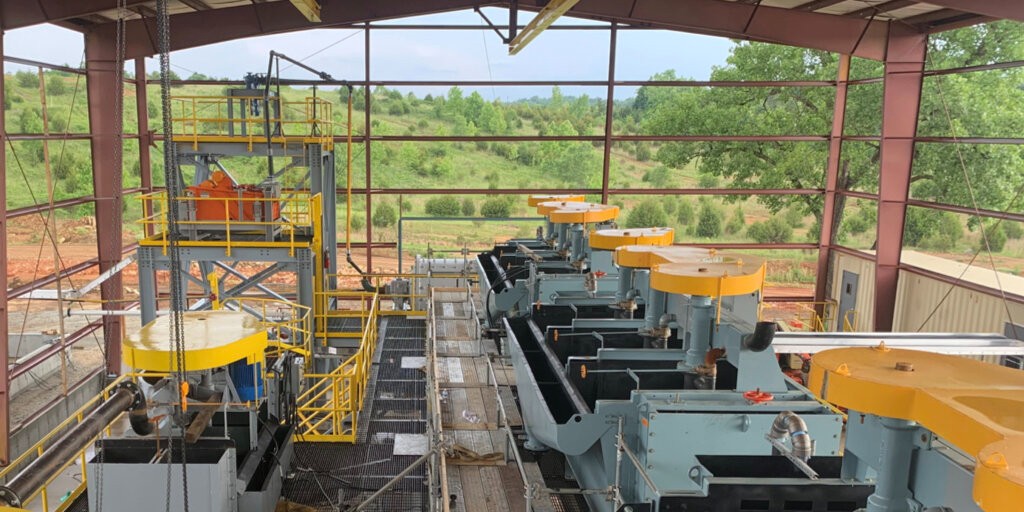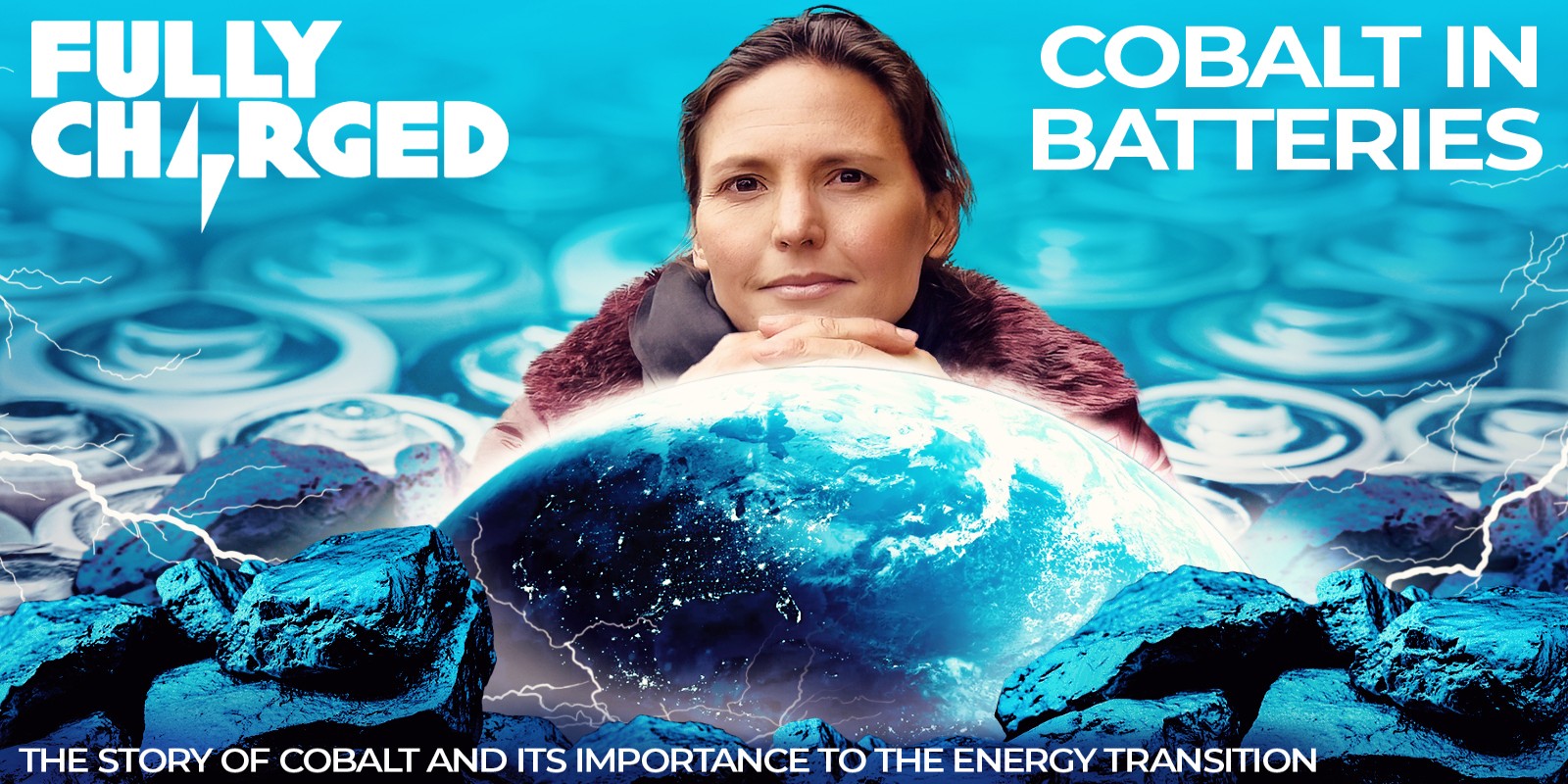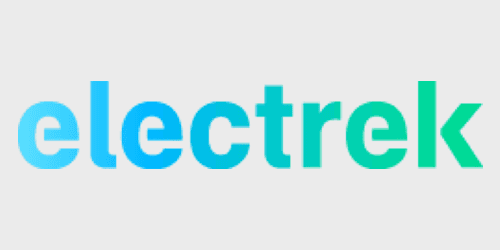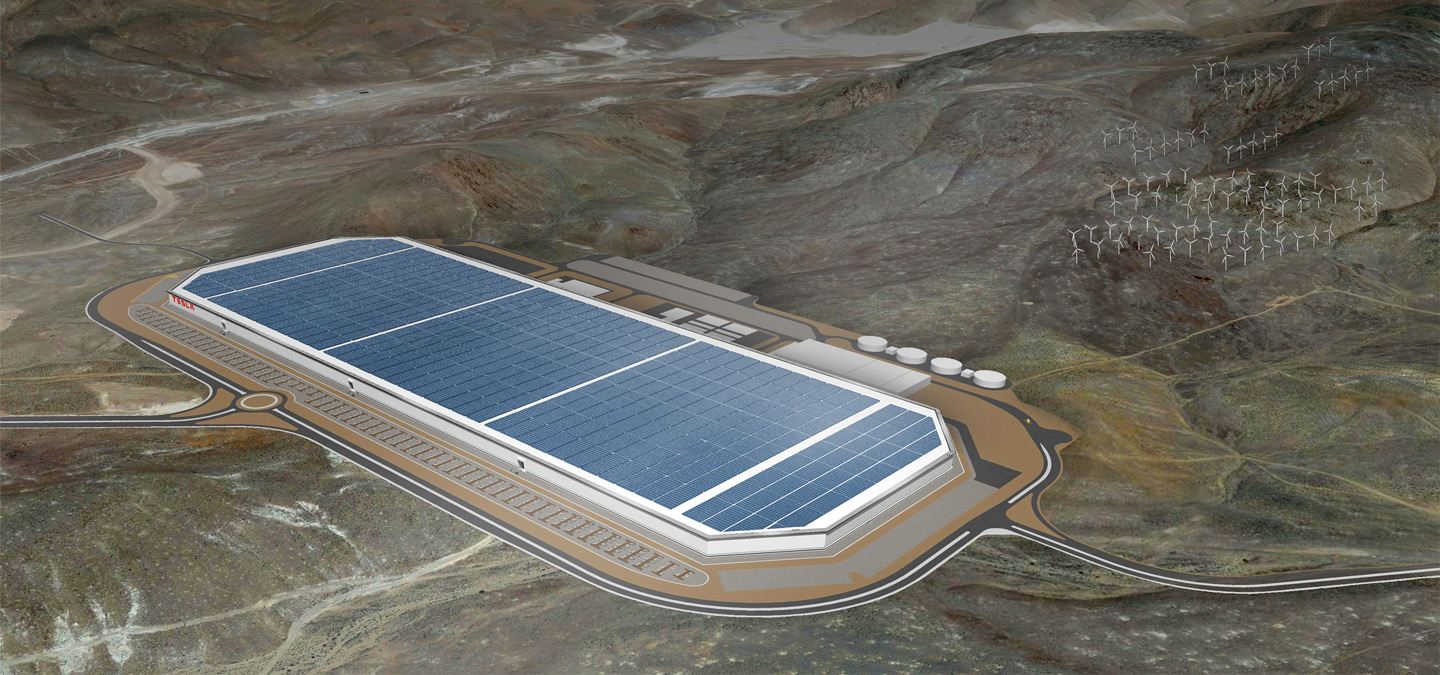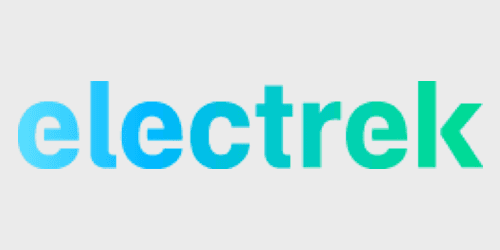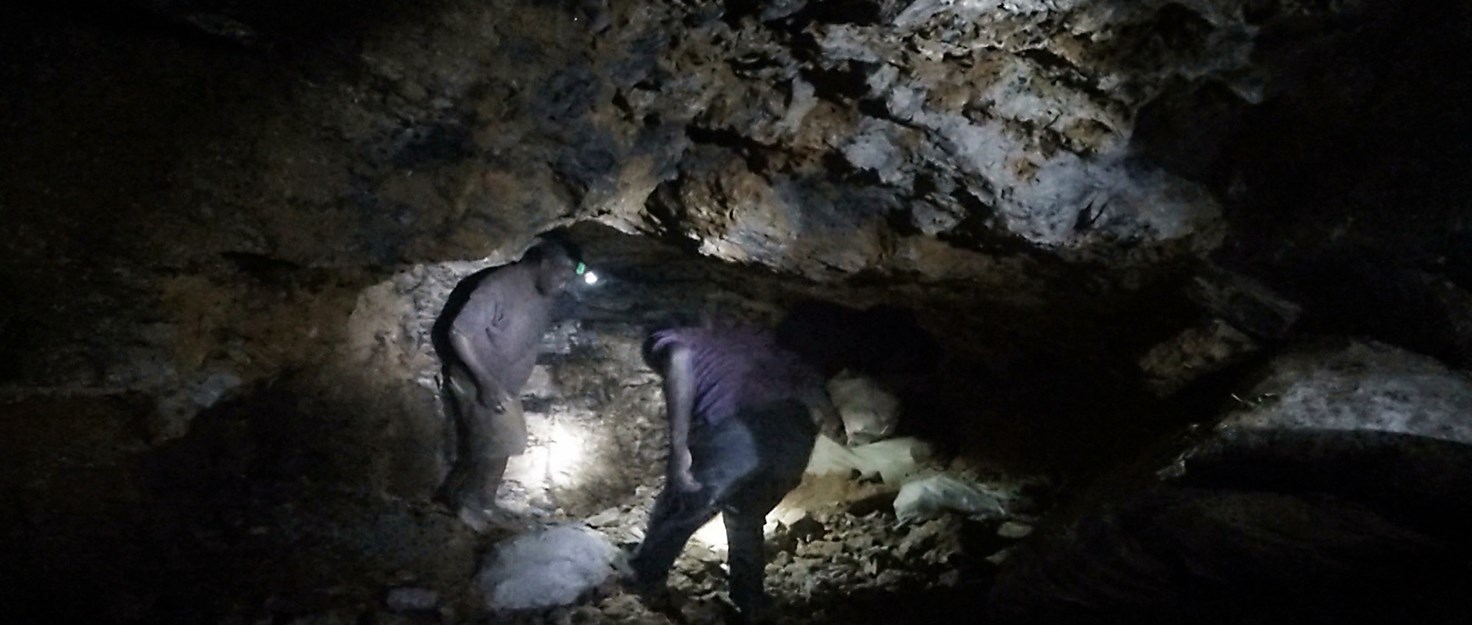Electric cars need cobalt and copper, and Zambia’s president-elect wants to supply it
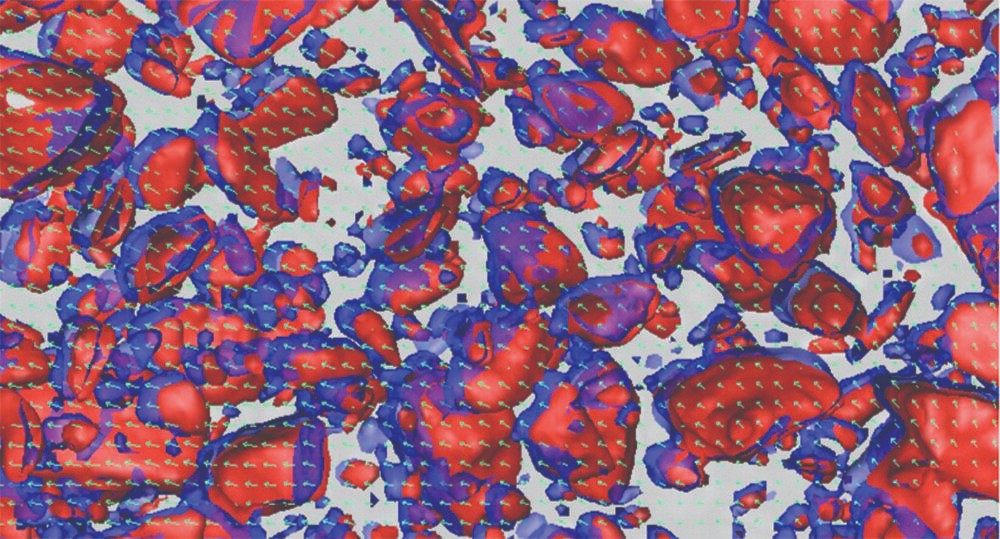
Zambian president-elect Hakainde Hichilema won a landslide victory in the country’s election last week, beating the incumbent, Edgar Lungu. Hichilema’s plan is to ramp up mining in particular to jump-start Zambia’s economy – and provide the rapidly growing electric vehicle battery industry with crucial cobalt and copper.
Expand Expanding Close